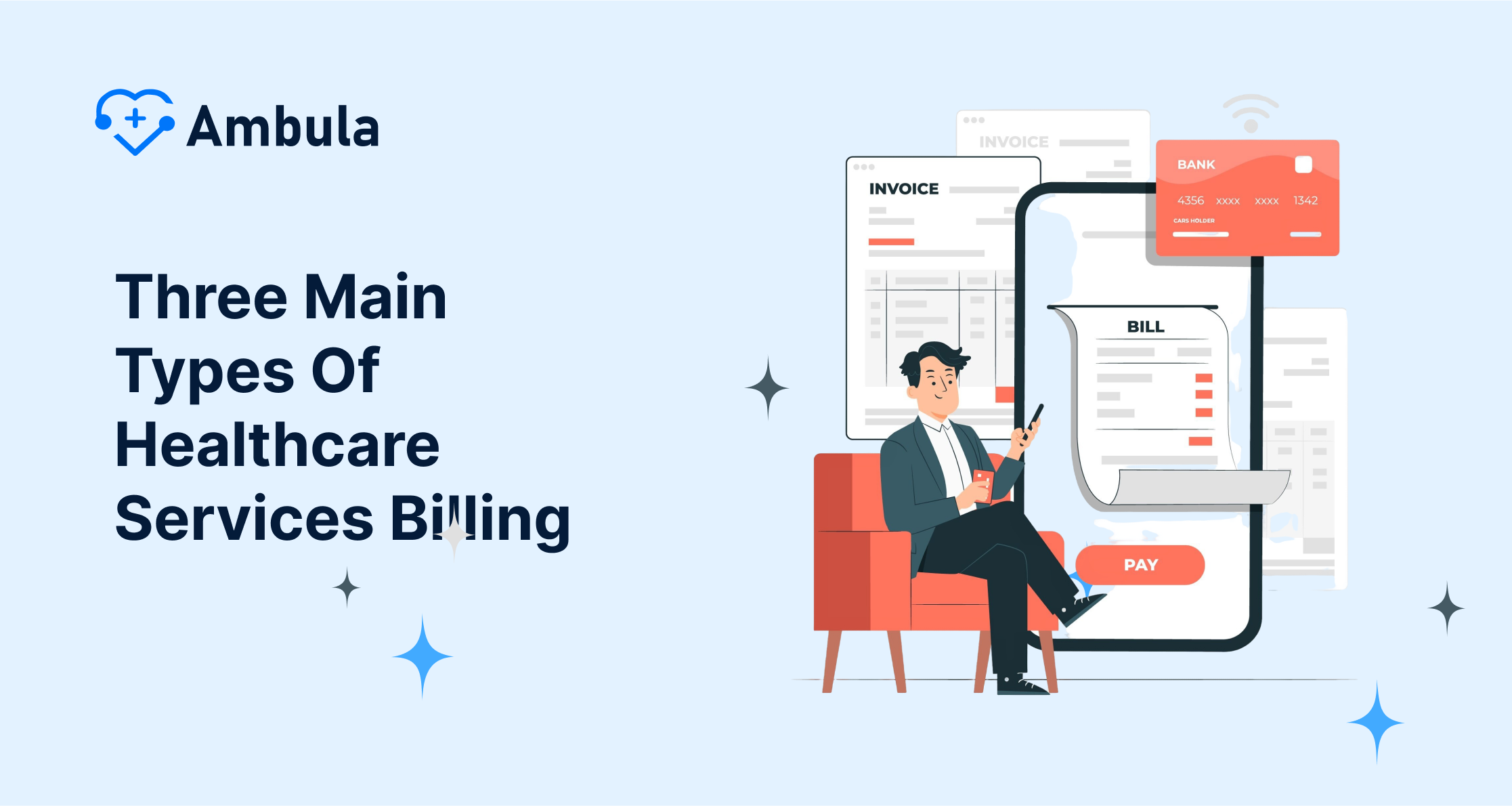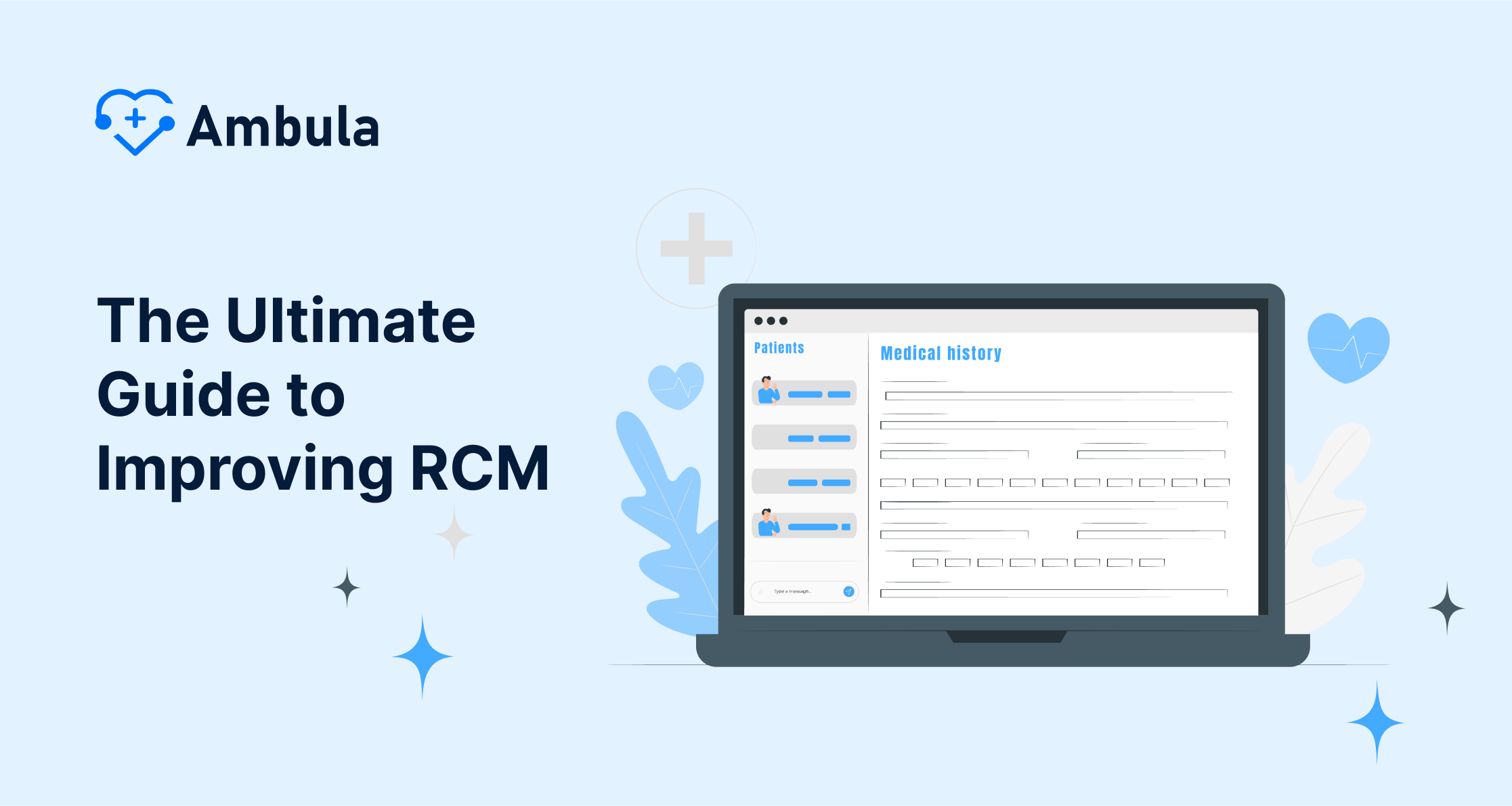Medical billing plays a key role in managing healthcare practices. It impacts income and patient happiness. Healthcare providers now face more money problems and tricky rules, which makes them think hard about doing their own billing or getting outside help. This choice affects how well a practice runs, how much it costs, and its overall financial situation.
When deciding between outside billing help and keeping billing in-house, healthcare providers consider several big things. They think about costs, how much control they have, how easy it is to access information, and how skilled and quick the billing team is. By looking at these areas, practices can determine which way works best for what they need and want. This helps them get the most money from their work and boost their profits.
Cost Comparison
When choosing between handling medical billing internally or outsourcing it, healthcare providers need to consider how each option affects their finances. This comparison looks at the price of running an in-house billing team versus teaming up with a company that specializes in medical billing.
In-House Costs
Setting up and running an in-house billing team involves several costs that medical practices must consider. The most obvious expense is paying salaries and providing benefits to billing staff. The American Medical Association reports that a medical biller makes over $37,980 per year on average 1. But this number doesn’t include other costs like training employees, paying for software subscriptions, and setting aside office space for the team.
The Medical Group Management Association (MGMA) calculates that each full-time worker costs an average of $83,523 in overhead, showing the unseen expenses that come with an in-house team. These expenses include:
- Training and education: Continuous learning helps staff stay up-to-date on shifting rules and billing codes.
- Software and hardware: Putting money into billing programs, routine upgrades, and essential equipment.
- Office space and supplies: Work area, desks, phones, computers, and office materials.
- Possible claim mistakes and holdups: Errors by in-house teams can cause claim rejections, slow down payments, and require extra resources to correct them.
In-house medical billing expenses make up 7% to 10% of total net collections. This percentage covers salaries, benefits, operational costs, and overhead. Also, practices must consider recruiting, training, management, reporting, reviews, and paid time off when figuring out the total cost of in-house billing.
Outsourcing Costs
Hiring outside help for medical billing can save money for many healthcare practices. Companies that handle medical billing take a cut of what they collect somewhere between 4% and 10%. Most often, they charge between 5% and 8%. The price changes based on a few things:
- Offshore operations: Some billing companies send parts of their work to countries like India or the Philippines, cutting down on costs.
- Billing systems: High-tech systems that handle claims can bring down fees.
- Patient volume: More claims often mean lower rates for outsourced billing.
- Practice specialty: Fields with higher payment rates might see lower billing fees than those with lower payment rates.
Outsourcing has an impact on several possible advantages:
- Getting cutting-edge tech without extra expenses
- Fewer claim mistakes thanks to expert knowledge
- Ability to adjust services as the practice needs
- Possible savings of up to 40% compared to doing it in-house
Cost-Benefit Analysis
To decide, healthcare providers should do a careful cost-benefit analysis. This process measures and compares the costs and benefits of each approach 3. A full analysis should look at:
- Real and non-physical gains and expenses
- The price of missed chances
- How the balance of costs and benefits changes over time
For instance, an internal billing team for a small or mid-sized practice can cost from $40,000 to $100,000 each year. This includes wages, tech, office space, and employee training. On the flip side, outsourcing for a practice that brings in $1,000,000 might run between $50,000 to $100,000, based on a 5-10% fee on what they collect.
When looking at outsourcing choices, practices should think about:
- The billing company’s know-how and focus
- Cutting-edge tech and systems on offer
- Ability to adjust to workload changes
- Chance to boost revenue collection and cut down on mistakes
In the end, choosing between in-house billing and outsourcing comes down to what each healthcare practice needs and how it operates. By looking at the costs, perks, and long-term effects of each choice, providers can make a smart decision that gets the most out of their revenue cycle management and helps their overall financial health.
Control and Easy Access
In-House Control
When healthcare providers manage medical billing, they have direct control over their financial operations. This approach gives them instant access to data and allows them to implement changes. Practice managers can just walk down the hall to ask staff questions and get answers right away, which leads to more accountability and openness.
In-house billing allows practices to have more control over keeping patient information safe. When data stays within the organization, it lowers the chance of leaks, which helps protect sensitive details. This matters a lot because fraud went up by 51% in 2020 due to new rules for coding and billing COVID-19 vaccines.
Still, having control means you have to take on certain duties. Medical offices need to make sure their staff completes HIPAA training each year and takes regular tests on EMR and EHR software. They also have to handle server security, control who has access, and train employees. This can be tough for smaller offices to manage.
Getting Help from Outside
When medical offices hire others to do their billing, they can use expert knowledge and better tech, including electronic medical record systems 7. This helps them work better and more, which means they can manage money better and make their processes smoother.
Medical billing companies use tech to generate clear reports that show growth and performance areas. These detailed reports are often available based on the agreement or when needed. Having access to this in-depth data helps practices make smart choices about their finances.
Outsourcing can also give providers a sense of control because they know experts are handling this crucial task. With fewer billing mistakes and problems to solve, healthcare providers find their jobs and lives much easier.
Impact on Practice Management
Choosing between in-house and outsourced billing has a big impact on how a practice runs. In-house billing gives you more control, but you need to spend a lot on staff, training, and tech. Outsourcing however, can cut down on office work and let healthcare providers spend more time on patient care.
Outsourcing medical billing has an impact on practices by boosting their productivity and correctness in billing, which results in improved revenue management. When providers let specialists take care of billing, they can make their work more efficient, which saves time and cuts down on office tasks.
Yet, outsourcing also brings possible dangers. These include:
- Giving up direct control of the billing process
- Worries about data safety
- Possible hurdles in communication
Trusted medical billing outsourcing firms put strong safety rules in place and keep clear lines of talk open to lower these dangers.
It’s also key to think about how other ways to pay (APMs) change how practices are run. APMs have made data and looking at data more important, sometimes clashing with each other and what the government says to do. This mix-up has made it hard for practices to react well to smaller ones that work on their own.
APMs have an influence on encouraging team approaches to care management. These approaches feature key roles for allied health professionals. In primary care practices medical home programs and shared savings models have made it possible to fund care manager positions. This has eased some burden on physicians.
In the end, each healthcare practice must choose between in-house and outsourced billing based on its unique needs and situation. When making this decision, practices should think about these factors:
- How big the practice is and what it specializes in
- What resources are on hand to train staff and invest in tech
- How okay they are with giving up direct control
- Whether they need advanced analytics and reports
- How well they can adjust to new payment systems and rules
By thinking hard about these things, doctors and hospitals can make a smart choice that boosts their billing and supports what they want to achieve overall.
Expertise and Productivity
In-House Training Needs
Setting up an in-house billing team needs a big investment to train and educate staff. Healthcare providers must make sure their team keeps up with the always-changing scene of medical billing and coding. This means thorough training on many things, like coding rules, industry laws such as HIPAA and ICD-10, paperwork needs how to submit claims, and good ways to handle denials.
To put a good training program into action, healthcare organizations should:
- Take a close look at what training is needed
- Make clear goals that fit what the organization wants
- Create learning experiences that get people involved and interested
- Talk about key topics like using modifiers the right way, filling out CMS 1500 forms, and coding
Learning all the time is key in this field. Healthcare providers need to put money into helping their staff grow. This can happen through workshops, online talks, internet classes, and getting certified in the industry. These things help staff stay up to date with what’s new.
But keeping a billing team in-house has its problems. The American Medical Association says a medical biller’s average yearly pay tops $37,980. This doesn’t include extra costs like training, software subscriptions, benefits, and office space. Also, if practices don’t keep staff training and billing capacity current, they might see more denials, unappealed claims, and lower reimbursement rates.
Outsourced Expertise
Outsourcing medical billing to specialized companies gives you access to a team of experts who focus on this complex job. These professionals have the skills to navigate the always-changing world of codes and rules, which ensures accuracy and helps get the most money back 1. Their special know-how allows them to:
- Spot denial patterns and new edits faster
- Handle a high number of claims
- Keep up with the newest billing trends and compliance rules
Outsourced billing companies put money into cutting-edge tech and top-notch billing software. This leads to smoother workflows and fewer mistakes 1. Their tech advantage helps save money and boost productivity.
Outsourcing also offers the perk of scalability. Billing firms can adjust to changes in a practice’s workload. This eases the pressure during busy times and helps with staffing issues 1. This flexibility helps practices that are growing or see ups and downs in patient numbers throughout the year.
Efficiency Comparison
When we look at how well in-house billing stacks up against outsourcing, we need to think about a few things:
- Cost-effectiveness: A Medical Practice Insider study showed that outsourcing medical billing can save up to 40% of costs compared to in-house operations. Practices can put these savings back into better patient care, new tech, or ways to boost staff morale.
- Time management: Billing in-house means staff must handle several processes that eat up time. These include figuring out expected income, dealing with partial payments and denials, and collecting co-pays and deductibles after patients visit. When you outsource, it gives your staff more time to focus on other key jobs.
- Expertise and specialization: Outsourced billing companies work with many clinics and third-party payers handling a large number of claims. This exposure helps them spot reimbursement problems and patterns faster than an in-house team.
- Technology use: Good medical billing companies provide advanced tech at no extra cost to healthcare providers. This access to high-end systems can boost accuracy and speed up billing.
- Steady work and results: Outsourcing firms have to do certain jobs, like fighting claim denials, with a set success rate. This duty in the contract makes sure they keep up their work and takes away worries about staff problems.
- Transparency: Medical billing companies usually give full performance reports when asked. This gives healthcare providers a clear view of billing operations without needing to manage every detail.
In-house billing gives you direct control and keeps problem-solving close at hand. Yet, outsourcing has its perks. It brings in experts, boosts productivity, and cuts costs. Healthcare providers need to think hard about these points when choosing between in-house and outsourced medical billing. This choice can make or break their income management and overall work flow.
Conclusion
The decision to outsource medical billing or keep it in-house has a big effect on healthcare practices. Each path comes with its own set of pros and cons. Things to think about include how much it costs, who’s in charge of the process, and access to people who know their stuff. These factors play a key role in making this call. Healthcare providers must look at these aspects to figure out which option fits their needs and aims best.
At the end of the day, there’s no single answer that works for everyone. The best option hinges on how big the practice is, what kind of medicine it specializes in, what resources it has, and what it wants to achieve down the road. By taking a close look at the good and bad points of each method, doctors and hospitals can make a smart choice to boost their money management. This can help them stay healthy and spend more time giving patients top-notch care.
FAQs
- Which is more cost-effective for a medical practice: in-house or outsourced billing?
Outsourcing medical billing tends to have a lower cost than keeping an in-house team. In-house billing comes with many hidden costs like employee benefits, payroll, software, and training expenses. On the other hand, outsourcing these jobs can save a lot of money. - What are the advantages of keeping billing operations in-house?
Handling billing operations in-house gives more control over the processes and cuts down on mix-ups that can happen with outside services. Even though it might cost more, some practices, like in-house operations, are better because they fit well with the company’s culture. - Is it beneficial to outsource medical billing?
Outsourcing medical billing can boost the productivity of the billing process, resulting in quicker claim submissions and better cash flow. Also, outsourced services fix any problems with denied claims, which ensures fewer delays in approvals. - How does in-house medical billing compare to outsourced Revenue Cycle Management (RCM)?
In-house medical billing gives more direct control over billing activities, but outsourcing Revenue Cycle Management (RCM) might restrict this control. On the other hand, industry experts handle outsourced RCM. They follow proven compliant methods that stick to legal and industry standards.
[3] – https://www.ehrinpractice.com/ehr-cost-benefit-analysis.html[4] – https://www.embermedbill.com/cost-analysis-in-house-medical-billing-vs-outsourcing/[5] – https://www.360connect.com/product-blog/in-house-vs-outsourced-medical-billing/[6] – https://www.pcgsoftware.com/7-advantages-of-in-house-medical-billing




